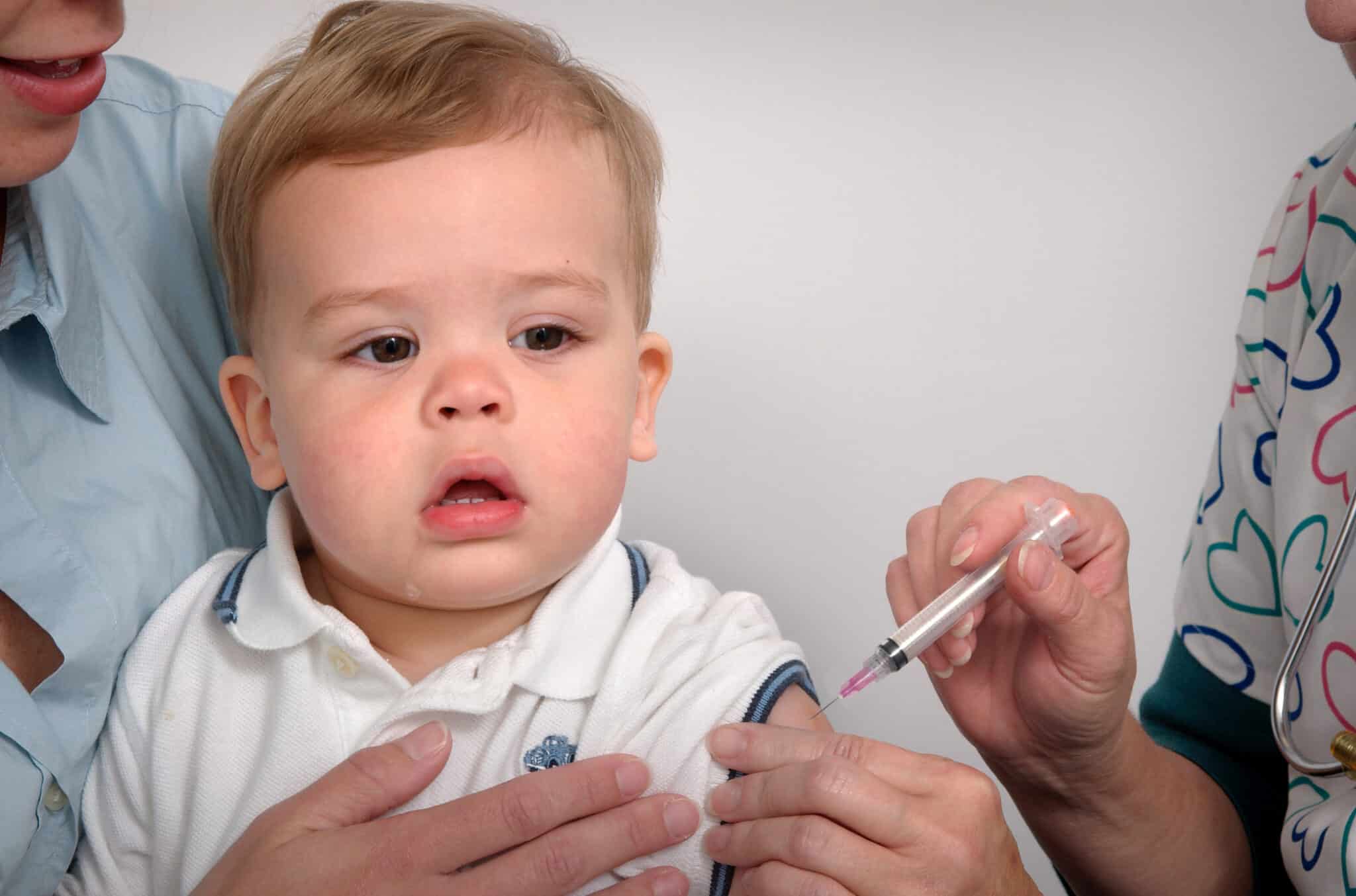Understanding Childhood Vaccinations: A Comprehensive Guide for Parents
Catagory: General Pediatrics Author: Dr Vamsi Krishna

Vaccinations are a critical component of your child’s healthcare, providing essential protection against numerous infectious diseases. As a parent, you may have questions about the importance, safety, and scheduling of these vaccinations. How do vaccinations work? Why are they necessary? Let’s explore the comprehensive guide to understanding childhood vaccinations.
1. The Importance of Vaccinations
Vaccinations have revolutionized healthcare, drastically reducing the incidence of once-common childhood diseases. But why are they so important?
Key Benefits:
Disease Prevention: Vaccines protect children from serious illnesses such as measles, polio, and whooping cough.
Community Immunity: High vaccination rates contribute to herd immunity, protecting those who can’t be vaccinated.
Long-term Health: Vaccines reduce the risk of long-term health complications related to infectious diseases.
2. How Vaccinations Work
Vaccines train the immune system to recognize and combat pathogens, such as viruses or bacteria. But how does this process work?
Mechanism:
Immune Response: Vaccines contain weakened or inactive parts of a particular organism (antigen) that trigger an immune response.
Memory Cells: This response helps the body create memory cells, which remember how to fight the disease if exposed in the future.
Booster Shots: Some vaccines require booster shots to maintain immunity over time.
3. Common Childhood Vaccinations
Understanding which vaccinations are essential can help you keep your child’s vaccination schedule on track.
Core Vaccines:
MMR Vaccine: Protects against measles, mumps, and rubella.
DTaP Vaccine: Protects against diphtheria, tetanus, and pertussis (whooping cough).
Polio Vaccine: Prevents poliomyelitis, a disease that can cause paralysis.
Hepatitis B Vaccine: Protects against hepatitis B, which affects the liver.
Hib Vaccine: Protects against Haemophilus influenzae type b, a cause of meningitis.
4. Vaccination Schedule
Following the recommended vaccination schedule ensures your child receives timely protection. The schedule can vary slightly based on location and health guidelines, but here is a general outline:
Typical Schedule:
At Birth: Hepatitis B
2 Months: DTaP, Polio, Hib, PCV (Pneumococcal), Rotavirus
4 Months: DTaP, Polio, Hib, PCV, Rotavirus
6 Months: DTaP, Polio, Hib, PCV, Rotavirus, Influenza (annual)
12-15 Months: MMR, Hepatitis A, Varicella, Hib, PCV
4-6 Years: DTaP, Polio, MMR, Varicella
5. Addressing Common Concerns
It’s natural for parents to have concerns about vaccinations. Let’s address some common questions.
6. Consulting with Healthcare Professionals
Regular consultations with healthcare professionals are crucial for your child’s vaccination and overall health.
Expert Guidance:
Pediatricians: Your child’s pediatrician can provide personalized advice and address any concerns.
Vaccination Records: Keep an updated record of your child’s vaccinations and schedule follow-up appointments as needed.
Expert Advice: Dr. Vamsi Krishna
For professional guidance on childhood vaccinations, consulting an experienced pediatrician can be invaluable. Dr. Vamsi Krishna, a renowned Consultant Pediatrician and Pediatric Intensivist in Tirupati, offers expert advice based on over 10 years of experience in pediatric care.
Dr. Vamsi Krishna’s Insights:
Comprehensive Care: Dr. Vamsi emphasizes the importance of adhering to the vaccination schedule to ensure timely protection against diseases.
Individualized Attention: He provides tailored advice considering each child’s unique health needs and circumstances.
Parental Support: Dr. Vamsi offers thorough consultations to address parents’ concerns and questions about vaccinations.
Conclusion
Childhood vaccinations are a fundamental part of ensuring your child’s health and well-being. By understanding the importance, workings, and schedule of vaccinations, you can make informed decisions to protect your child from preventable diseases. Regular consultations with healthcare professionals, such as Dr. Vamsi Krishna, ensure you stay updated on your child’s vaccination needs. Are you ready to take the next step in safeguarding your child’s health? By staying informed and proactive, you can ensure a healthy future for your little one.
Recent Posts
-
empty
-
Emotional and Psychological Support for Families in the Pediatric ICU in Tirupati
-
10 Some Healthy Eating Habits for Kids
-
Understanding Childhood Vaccinations: Comprehensive Guide for Parents
-
Top Tips for Keeping Your Child Healthy During Monsoon Season in Tirupati
-
Decoding Pediatric Care: When to Choose a Pediatrician vs. a Pediatric Intensivist
-
Understanding the Vital Roles of Pediatricians and Pediatric Intensivists
-
Nurturing Mental Health in Children: Insights and Strategies
-
Navigating Parenting Challenges: Insights from the Best Child Specialist in Tirupati and the Premier Pediatric Hospital
-
Tips for Safe and Comfortable Pregnancy Travel
